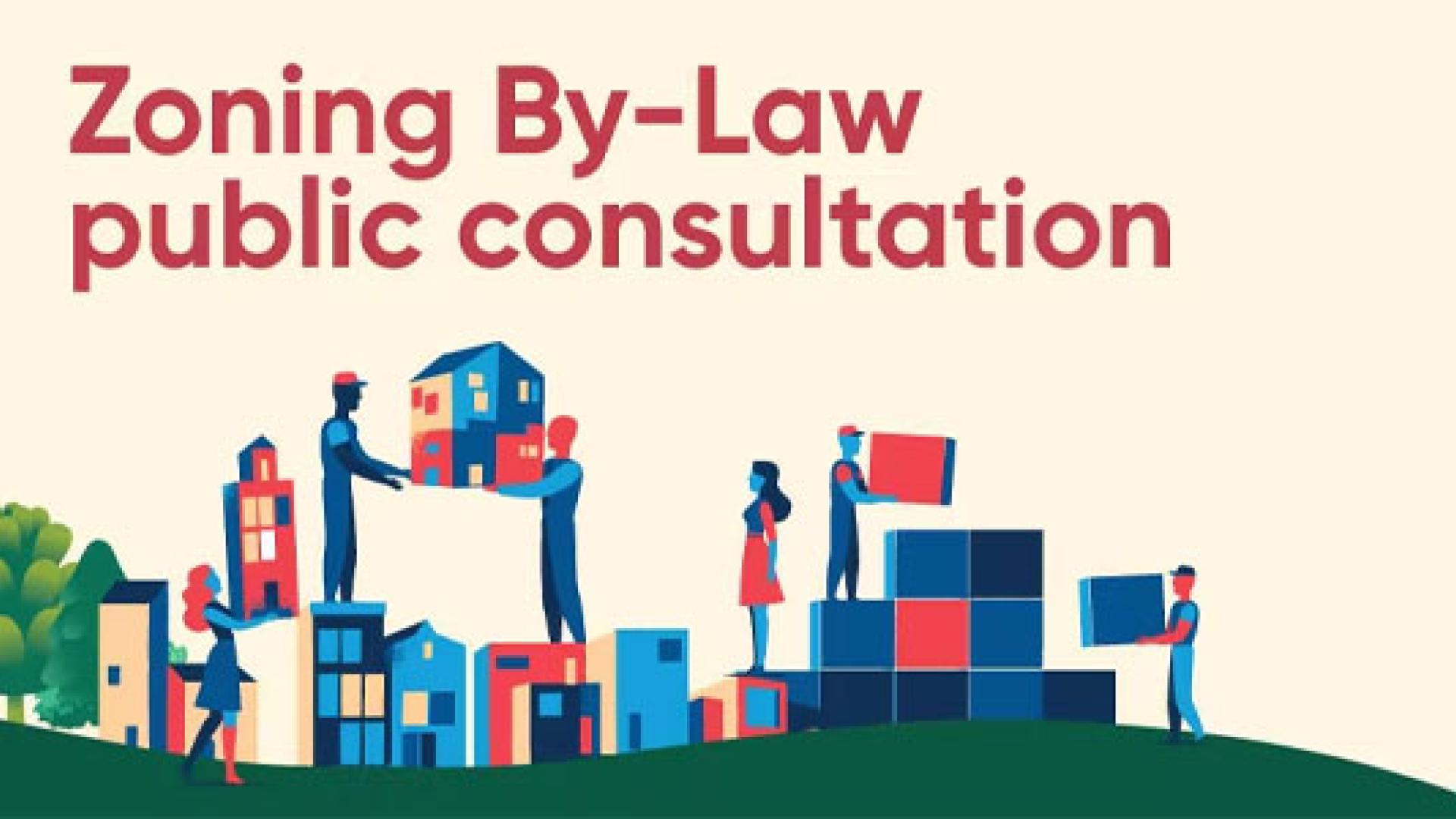Zoning laws play a critical role in shaping how properties can be used and developed in Canada. For buyers, understanding zoning regulations is essential to ensure their intended use of the property aligns with municipal rules. From determining permissible activities to affecting the feasibility of future renovations, zoning laws can significantly impact property ownership. This paper explores the importance of zoning laws, their implications for buyers, and key considerations when purchasing property in Canada.

What Are Zoning Laws?
Zoning laws are municipal regulations that dictate how land and buildings within a given area can be used. These laws are designed to ensure orderly development, maintain property values, and balance community needs with environmental sustainability. Common zoning categories include:
- Residential: For homes, apartments, and other living spaces.
- Commercial: For businesses such as offices, retail stores, and restaurants.
- Industrial: For factories, warehouses, and other manufacturing-related uses.
- Agricultural: For farming and related activities.
- Mixed-Use: Combining residential, commercial, and other uses in one area.
Each zoning category may include specific subcategories or restrictions, such as limits on building height, density, or lot size.
How Zoning Laws Affect Property Use
- Permitted Uses Zoning regulations define what activities can occur on a property. For example, a residentially zoned property may allow single-family homes but not multi-unit apartment buildings or commercial businesses. Buyers should ensure that their intended use of the property aligns with its zoning classification.
- Building and Development Restrictions Zoning laws dictate what can be built on a property, including restrictions on building height, floor area, lot coverage, and setbacks from property lines. These rules aim to preserve community character and prevent overdevelopment.
- Land Use Compatibility Zoning laws prevent incompatible land uses from being placed near each other, such as industrial facilities adjacent to residential neighborhoods. This ensures safety, reduces conflicts, and maintains property values.
- Environmental Protections Some zoning regulations address environmental concerns, such as restrictions on building near wetlands, rivers, or protected forests. Buyers interested in properties near environmentally sensitive areas should verify any associated zoning rules.
Zoning and Future Renovations
Zoning laws can significantly impact a buyer’s ability to renovate or expand a property. Key considerations include:
- Permits for Renovations Before undertaking renovations, homeowners must ensure the proposed changes comply with zoning laws. For example, adding a second story to a home or constructing an accessory dwelling unit may require specific permits and approvals.
- Non-Conforming Use Some properties may have existing structures or uses that were permitted under previous zoning regulations but no longer comply with current laws. Buyers should be aware that non-conforming uses may restrict future modifications or require additional approvals.
- Subdivision Rules Buyers interested in subdividing a property for development or resale must ensure the land meets zoning requirements for minimum lot size and access.
- Home Businesses Buyers planning to operate a business from home should verify whether zoning laws allow for commercial activities in a residential zone. Restrictions may include limits on signage, traffic, or the number of employees working onsite.
Key Considerations for Buyers
- Research Zoning Classifications Before purchasing a property, buyers should review the zoning classification and understand its implications. Municipal websites and zoning maps often provide detailed information about zoning categories and associated regulations.
- Consult with Professionals Real estate agents, lawyers, and urban planners can help buyers navigate zoning laws and assess their impact on a property. These professionals can identify potential issues and suggest solutions, such as applying for zoning variances.
- Verify Long-Term Plans Municipal zoning laws are subject to change as communities evolve. Buyers should investigate any proposed rezoning plans or developments that could affect the property or its surrounding area in the future.
- Check for Additional Restrictions Beyond zoning laws, buyers should also consider building codes, neighborhood covenants, and provincial or federal regulations that may apply to the property.
- Understand Variance Processes If a buyer’s intended use or renovation does not comply with current zoning laws, they may need to apply for a variance or rezoning approval. This process involves submitting an application to the municipal government and often requires community input.

Examples of Zoning Challenges
Residential Buyer A buyer purchases a single-family home intending to convert the basement into a rental unit. However, local zoning laws may prohibit secondary suites or impose strict requirements for parking, separate entrances, or fire safety.
- Commercial Buyer A buyer plans to open a restaurant in a neighborhood zoned for mixed use but discovers that the property lacks the necessary infrastructure, such as ventilation or parking, required for commercial operations.
- Investor An investor purchases a large parcel of land with plans for subdivision and development, only to find that zoning laws require minimum lot sizes that reduce the number of potential units.

Conclusion
Zoning laws are a critical aspect of property ownership in Canada, affecting how land can be used and developed. For buyers, understanding these regulations is essential to avoid legal issues, unexpected costs, and restrictions on future plans. By researching zoning classifications, consulting professionals, and considering long-term municipal plans, buyers can make informed decisions and ensure their property aligns with their goals. Proper knowledge of zoning laws not only protects investments but also enhances the overall buying experience.

